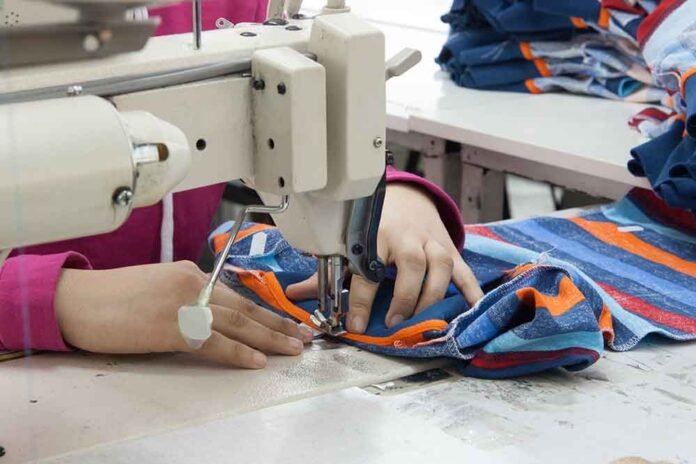Mayors from ten European cities have signed a Slow Fashion Declaration, calling on the EU, the G7, and the OECD to impose regulations that will level the playing field between slow fashion entrepreneurs and fast fashion multinationals.
The recent three-day ChangeNow summit brought together changemakers in Paris from 25 to 27 May 2023. Mayors representing approximately 6.5 million citizens from European cities including Dublin, Paris, Strasbourg, Bordeaux, Leuven, Annecy, Bologna, Rzeszów, Terrassa, and Turku, got together to denounce fast fashion as part of the Slow Fashion Declaration.
The goals of the declaration include:
Raising awareness among the general public about the social and environmental impact of fast fashion, while valuing local know-how and craftworks.
Facilitating access to production and sales sites, using public support to help decrease rents for slow fashion factories.
The Slow Fashion Declaration aims to push for ambitious regulations that drive the sustainable fashion industry across Europe and textile companies to respect their workers and the environment on different levels:
At the international and European level:
Ban Unfair Trading Practices committed by brands and retailers and enforce more ambitious social and environmental provisions in trade agreements.
Support producing countries via governance reforms and better law enforcement.
Ban incentives to consume by prohibiting fast fashion advertising.
At the European level:
Adopt and implement an ambitious Carbon Border Adjustment Mechanism (CBAM) and extend its scope so that it applies to the textile industry.
Quickly adopt a strong and ambitious Corporate Sustainability Due Diligence EU directive, which puts true obligations on the fast fashion big players to ensure the respect of social and environmental rights along their value chain business partners, as well as an equally ambitious regulation on Prohibiting Products Made with Forced Labour – and the adoption of equivalent texts at the level of other international organizations.
Ban the presence of chemicals in the textile industry and stop postponing the revision of the ambitions in the REACH regulation.
Make the textile industry a pillar of the European Green Deal Industrial Strategy.
Adopt a European Slow Fashion Label, which informs consumers about the origin and the environmental impact of the clothes they buy.
Support bringing back cultivation of organic textile raw materials in Europe, such as hemp fields, and promote educational and lifelong learning programs that value ‘forgotten skills’ such as the know-how related to textile machinery.
Florentin Letissier, deputy mayor of Paris in charge of Social and Solidarity Economy, Circular Economy, and Zero Waste Plan, France, said: “More and more of us are aware of the disastrous social and environmental consequences of the (over)production and (over)consumption of our clothes. Local solutions must be built to produce, distribute and consume differently. In Paris, we are working on the circular economy of this textile sector, which creates local jobs, in particular by opening manufacturing facilities. But national and international standards must evolve to massively change production methods and consumption behavior.”



